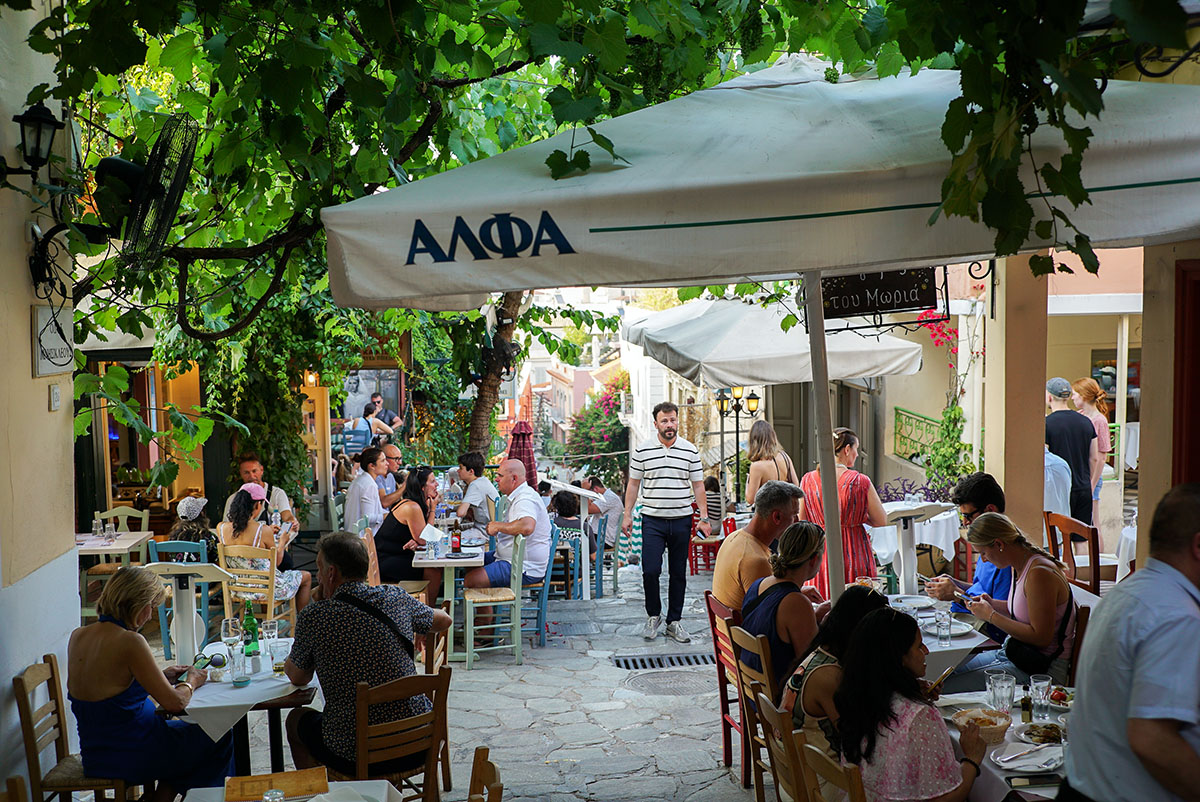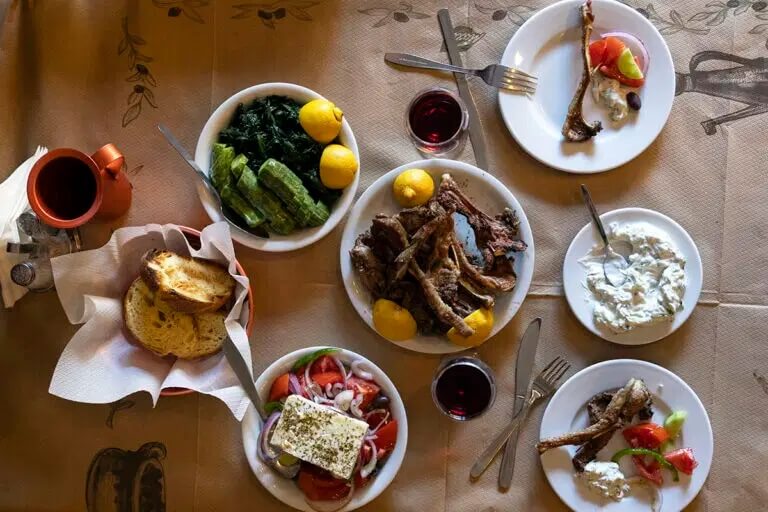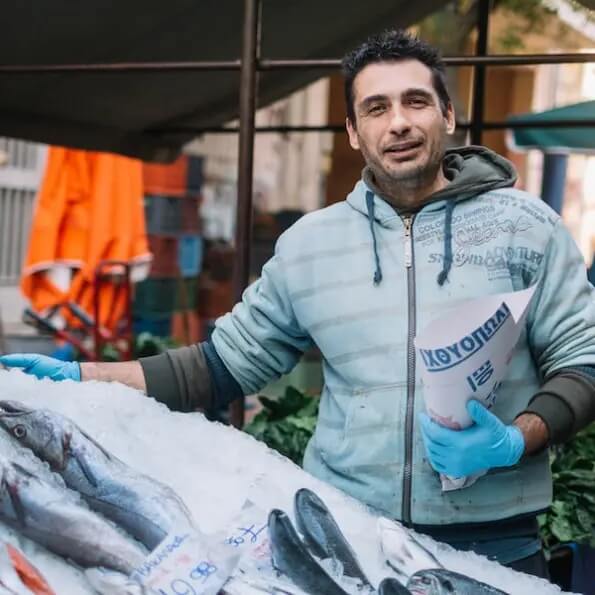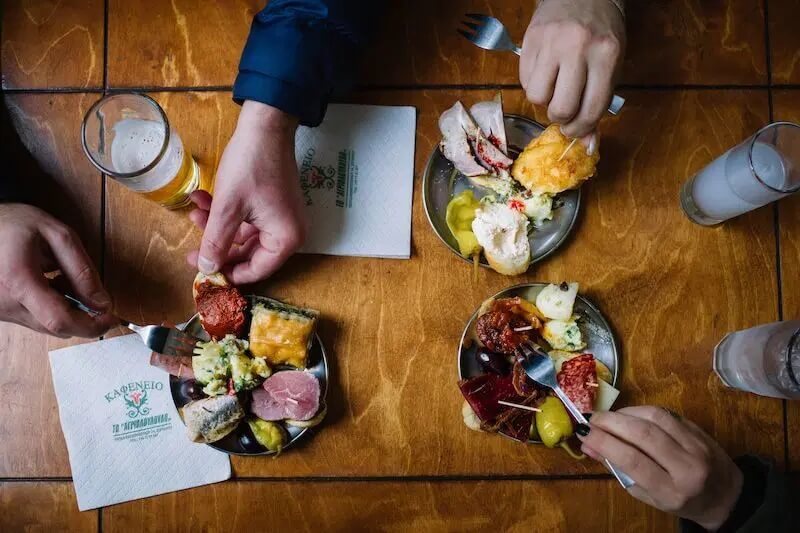We can't find the internet
Attempting to reconnect
Something went wrong!
Hang in there while we get back on track
The Perfect Spring Day: Strolling Under the Acropolis in Athens
We can't find the internet
Attempting to reconnect
Something went wrong!
Hang in there while we get back on track

Related Stories
We can't find the internet
Attempting to reconnect
Something went wrong!
Hang in there while we get back on track
Location & Contact
Book our Award-Winning Athens Food Tour
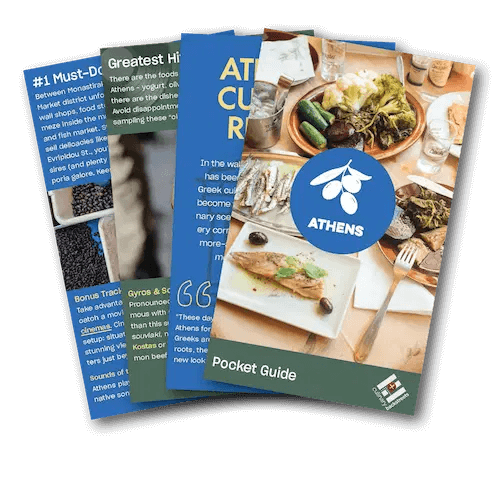
Get Your Free Athens Pocket Guide
Introducing our pocket-sized Athens guide — perfect for your next culinary adventure. Yours free when you sign up for our newsletter.




